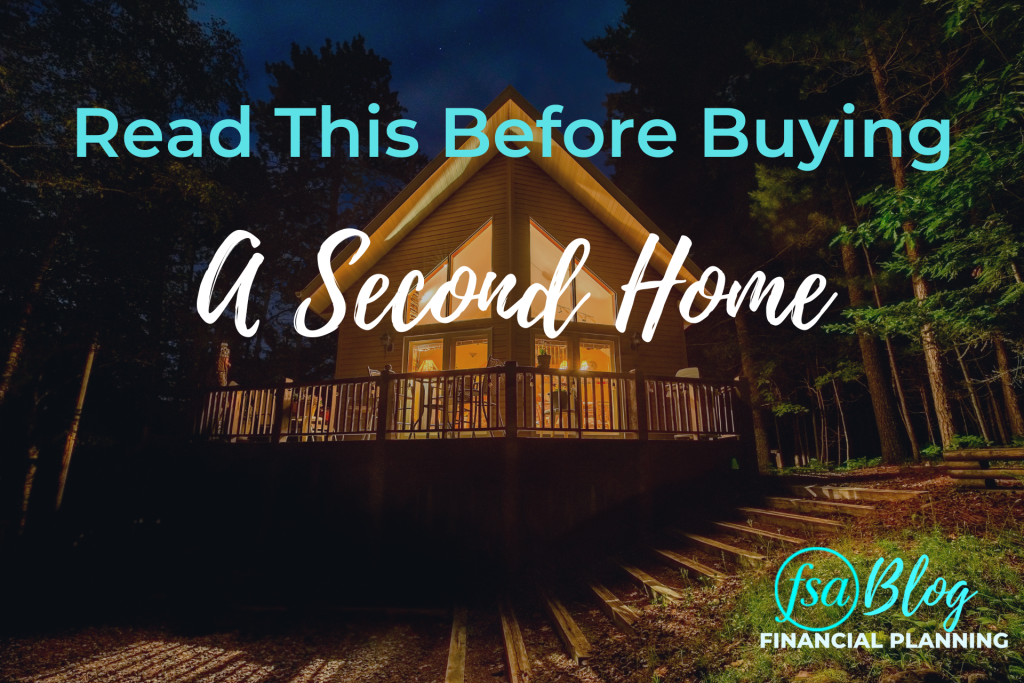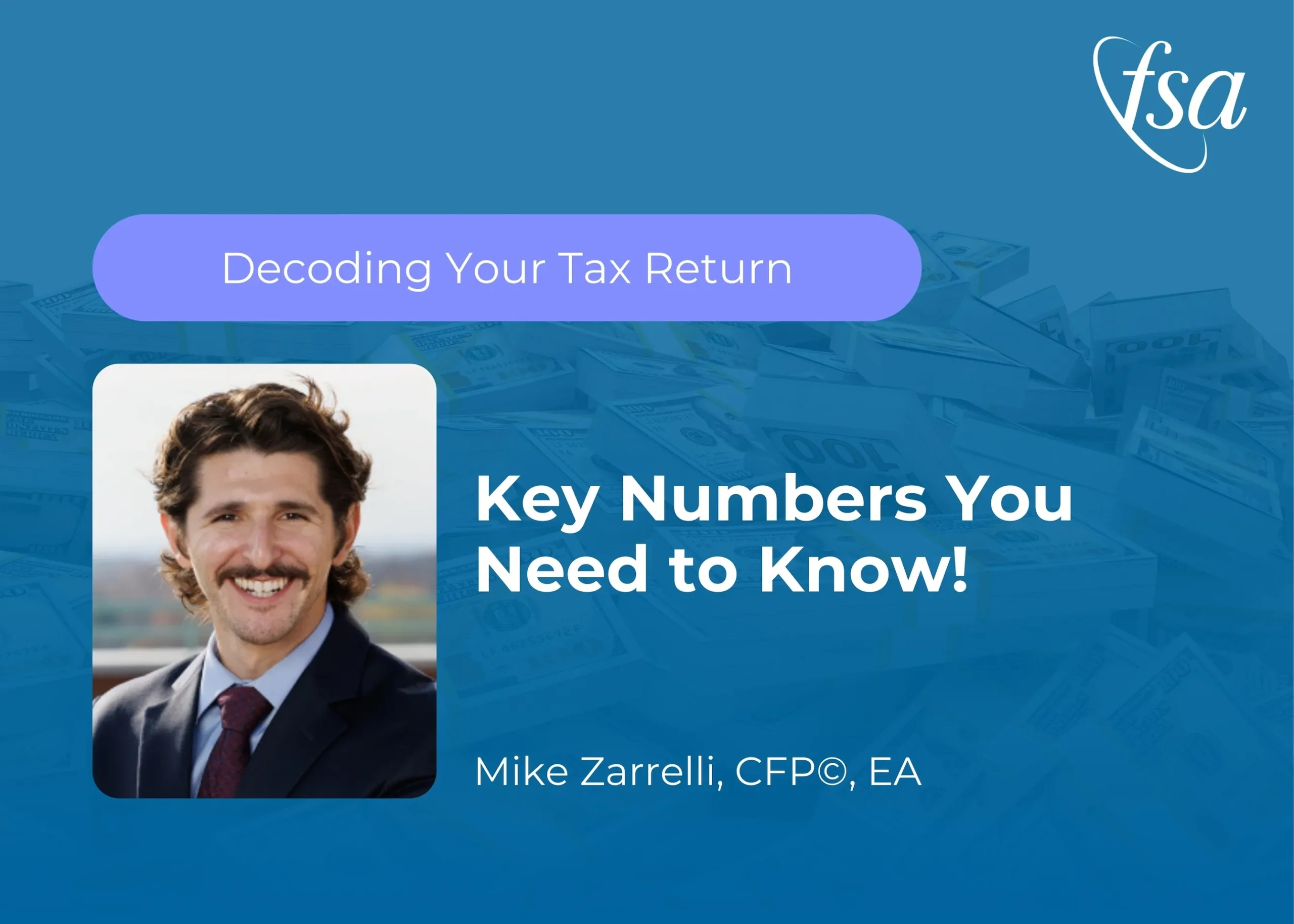What is your dream vacation home? A beach house, a cabin in the mountains, a house with a view of the lake, or something halfway around the world? Regardless of the type of house, buying a home is a huge decision in one’s life. On the upside, there is unlimited potential for priceless memories with family and friends. On the downside, it’s another property to maintain with the usual taxes and insurance to sweeten the deal. So, to avoid buyer’s remorse, let’s go over a few questions to ask yourself before putting pen to paper.
What’s the Purpose of Your Second Home?
Determining your purpose before making money decisions is always a great idea, buying a vacation home is no exception. Do you envision the home being a tranquil getaway for your family, is this the home you want to retire to, or are you hoping to make money from buying and selling the property?
There is no right or wrong answer to this one, but pinpointing what you’re hoping to get out of the home will help you with the search and make sure you are truly aligned with the home you end up purchasing.
What Are the Hidden Extra Costs?
A house is a house no matter if it is your first or second home. It’ll come with the regular taxes, insurance, and maintenance. That said, a second home comes with some hidden costs that your first home may not have.
- Will you get to deduct the mortgage interest? Homeowners typically get a tax break from the interest on their mortgage if they itemize deductions on their tax return. The same applies to second homes, but there is a cap. The interest is fully deductible if the debt on your main plus second home is below $750,000 for joint filers. Interest from debt above $750,000 is not deductible.
- How about a deduction for the state and local taxes (SALT)? The SALT tax deduction is capped at $10,000 total, so if the total property taxes exceed $10,000 total on both properties, you are not getting to deduct all the taxes you are paying.
- Who will maintain the property? It doesn’t matter if you are a DIY master or have a guy in your local area, a new game plan is needed for the maintenance of your second home. If you are going to handle the maintenance yourself, be prepared to spend a few weekends working, not necessarily relaxing at the house. If you want to outsource the maintenance, it may take time to find someone you trust who also charges reasonable prices. All in all, there is a hidden cost of your time to factor in.
- Lastly, how hard is it to get there? If your vacation home is a three-hour drive away, the cost of getting there might not be too much. However, if you need to take a flight and then drive three hours, visiting your vacation home two to three times a year can quickly add up.
Is Now the Right Time? (Understand the Risks)
Saying “I can make this work but only if…” is a huge red flag when contemplating any big purchase. Owning any home comes with risk, but owning two homes exponentially increases it. If things get tight, or one spouse loses their job, the extra expenses of a second home can make you feel like you’re drowning.
How can you combat this? One way is by having a strong emergency fund plus job stability or dual income. For example, if you are a household with one stable income, you may want to increase your emergency savings to 6–12-months of expenses. If you are a dual income household, you may want to increase your emergency fund from three to six months of expenses. The higher emergency fund will give you time to figure out your next steps.
Lastly, ensure that you and your spouse are on the same page with the location, timing, and affordability. Financial stress is the number one reason for divorce. Making a mistake purchasing a home you can’t afford, or in an area that isn’t what you expected, can be devasting to a marriage. So, be patient, rent in the area a handful of times, and double-check your numbers. You won’t regret doing the extra homework.
Experiences are one thing in life that you spend money on that can make you richer. Buying a second home can be a wonderful experience for your family when done right. Taking the extra time to determine your purpose and confirm the numbers will increase the chances of creating amazing memories in your vacation home.
If you’re thinking about buying a second home and want to talk to a financial advisor, feel free to send us an email to [email protected] or click here to schedule a call with one of FSA’s CERTIFIED FINANCIAL PLANNER™ professionals.
See you in the next blog post!
FSA’s current written Disclosure Brochure and Privacy Notice discussing our current advisory services and fees is also available at https://fsawealthpartners.com/disclosures/ or by calling 301-949-7300.




